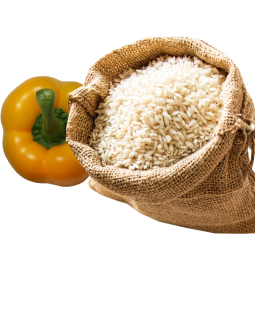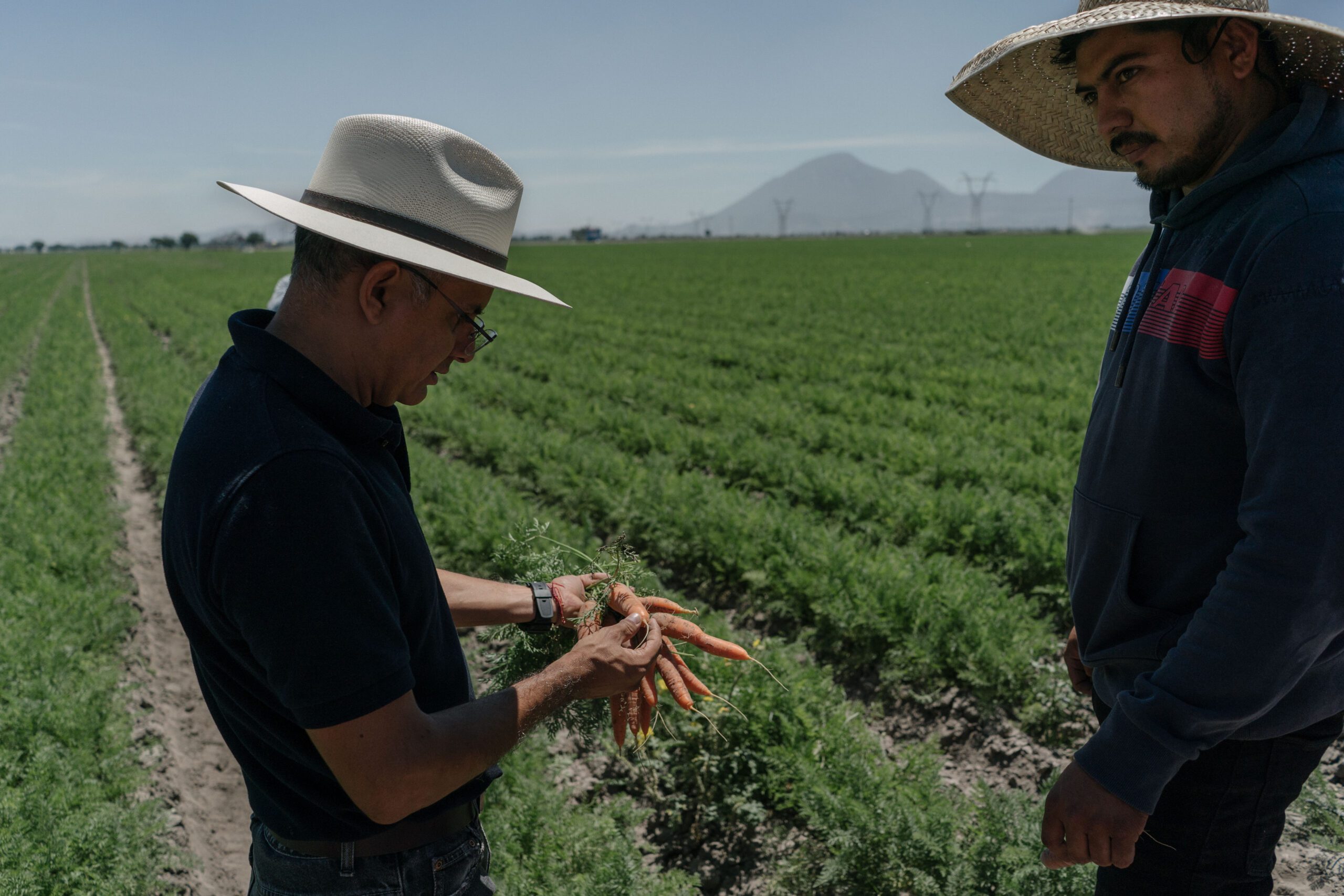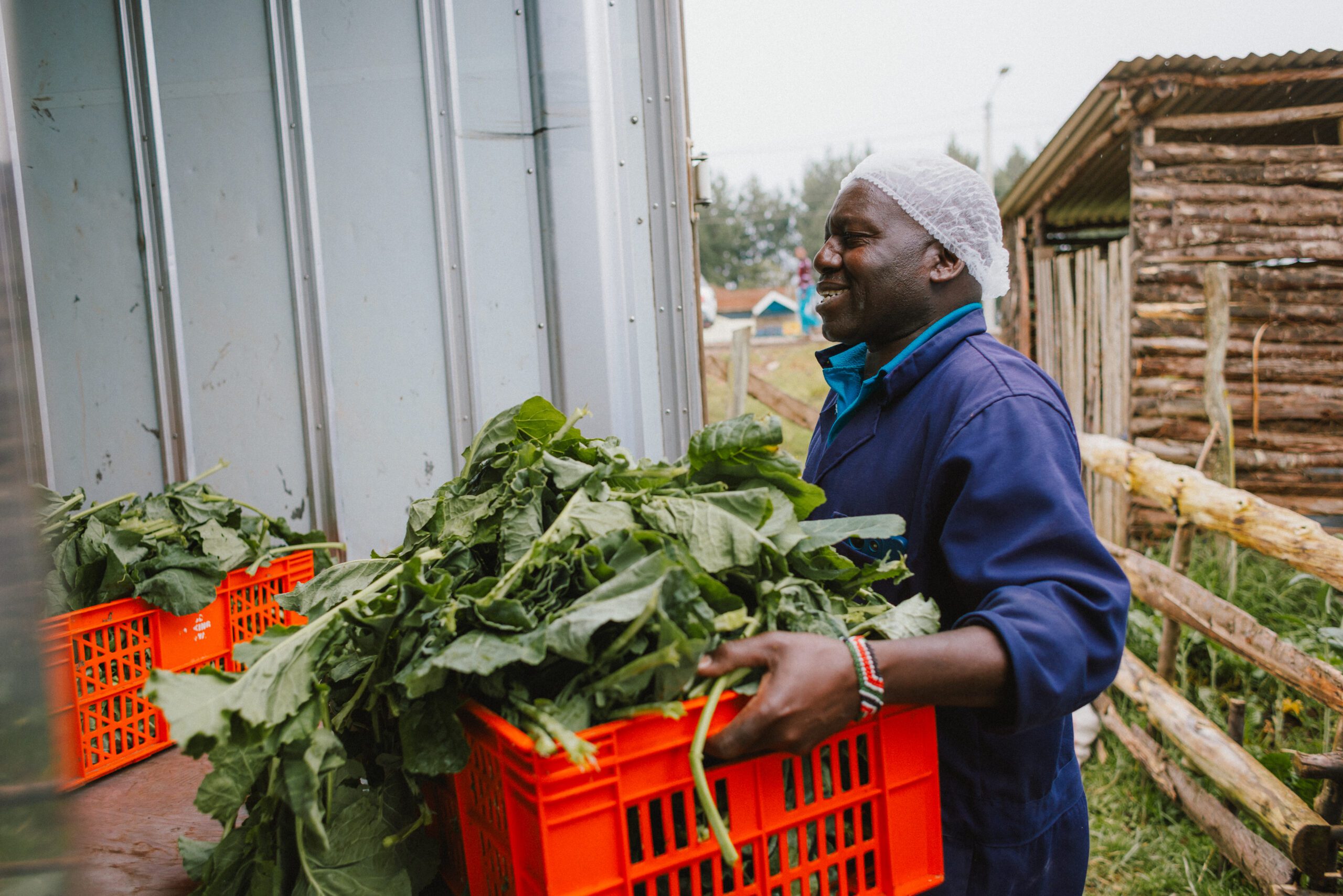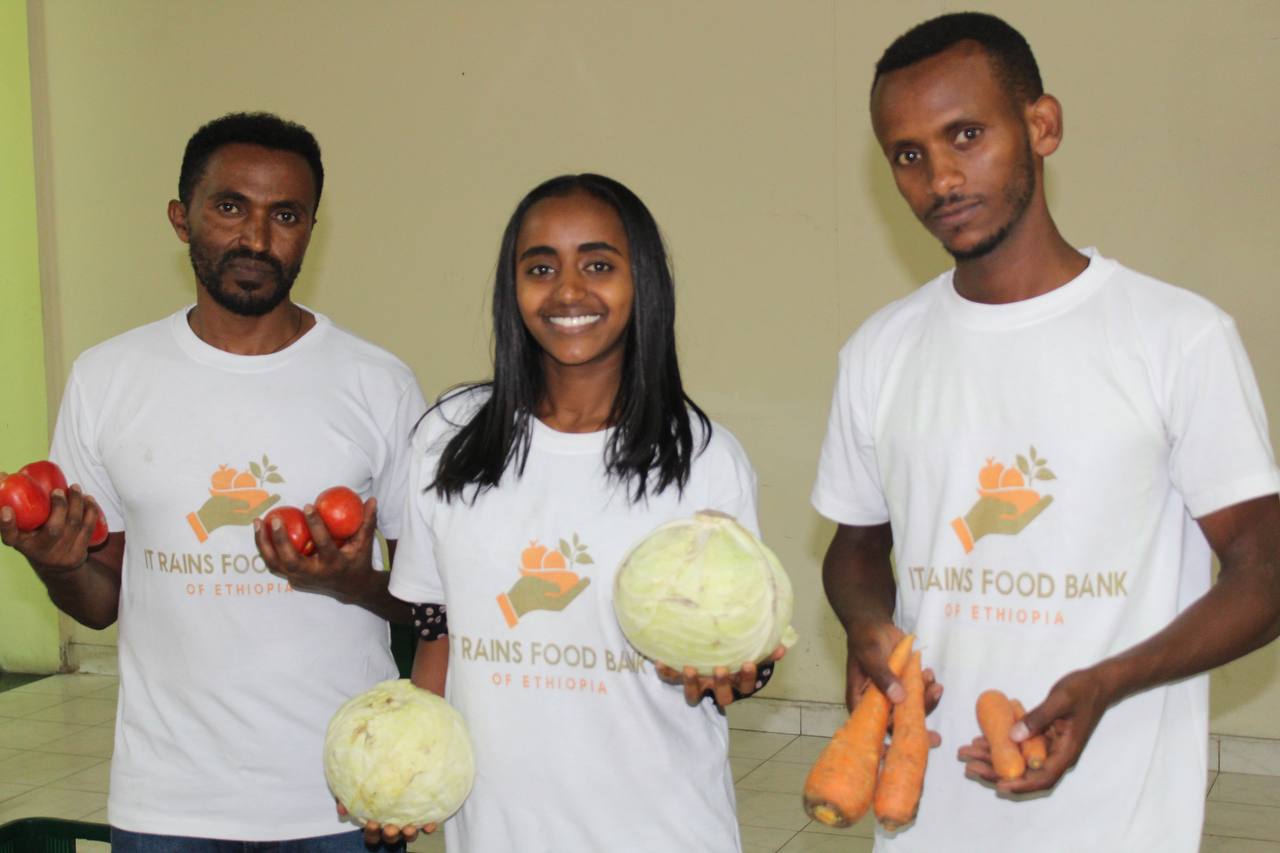With 62 food banking organizations across 51 countries, one of the guiding principles of The Global FoodBanking Network is the value of knowledge sharing, bringing food bankers together to exchange experiences and collectively solve problems that can help them recover and redistribute more food.
This idea was brought to life recently in Nairobi, Kenya, where food bankers convened for a fellowship exchange to focus on a specific topic: agricultural recovery.
The practice of going directly to farms, packhouses and markets to recover surplus produce has been growing substantially across the network in recent years. Since 2020, the amount of fresh fruits and vegetables recovered from farms has more than doubled. On top of reducing the environmental impacts of post-harvest loss, the recovered fresh fruits and vegetables increase the nutritional value of food banks’ offerings.
To drive more recovery and improve nutrition, The Global FoodBanking Network recently launched the Agricultural Recovery Hub in Nairobi, Kenya, a virtual center for learning and knowledge sharing supporting food banks across the network. The hub will also provide targeted support to a cohort of food banks each year.
The collection of six food banks in attendance for this fellowship exchange — Banco de Alimentos de Bolivia, Banco de Alimentos Panama, Food Cycle Indonesia, It Rains Food Bank of Ethiopia, Lagos Food Bank Initiative (Nigeria) and Rise Against Hunger Philippines — make up the first cohort of the Agricultural Recovery Hub.
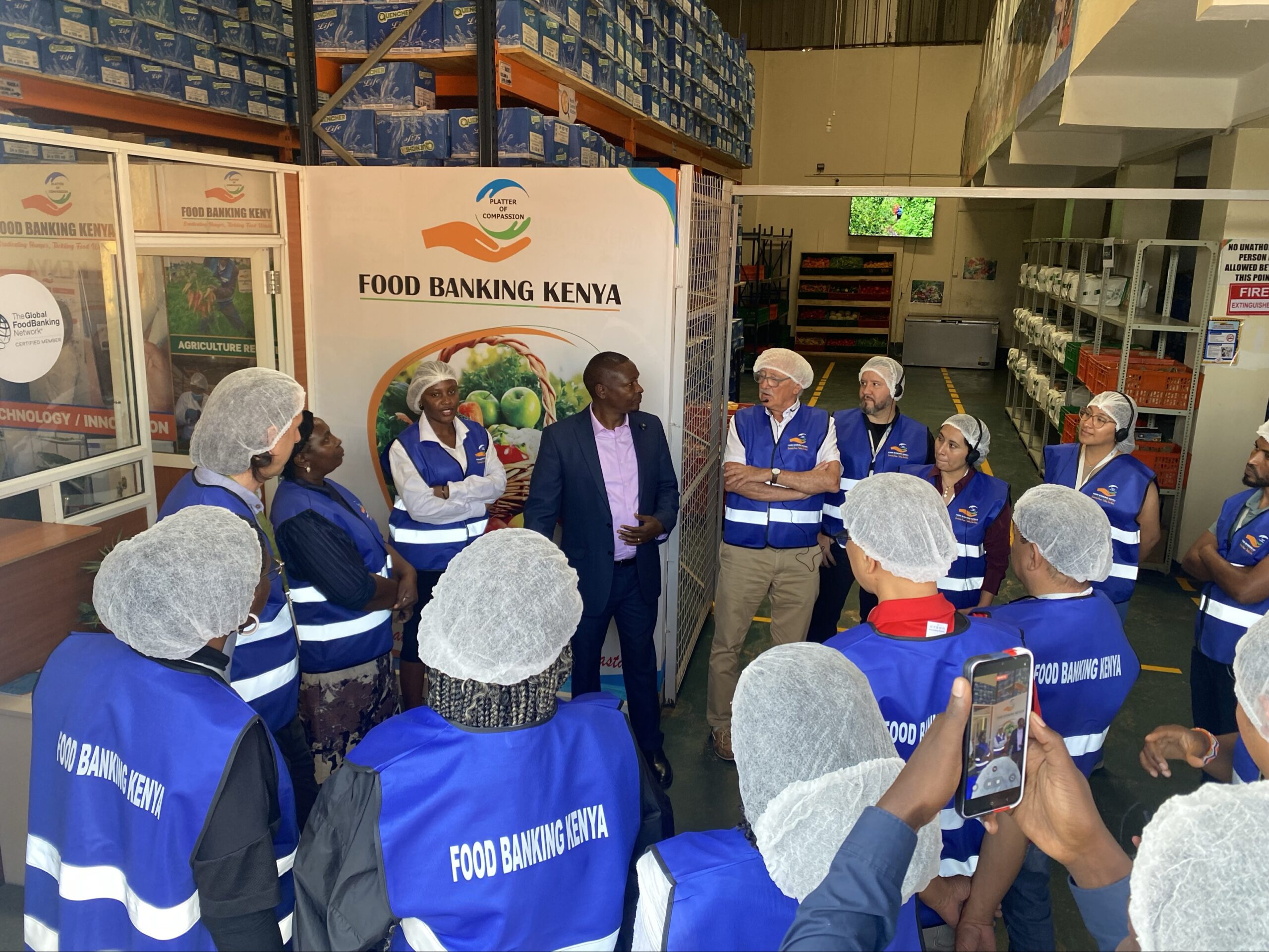

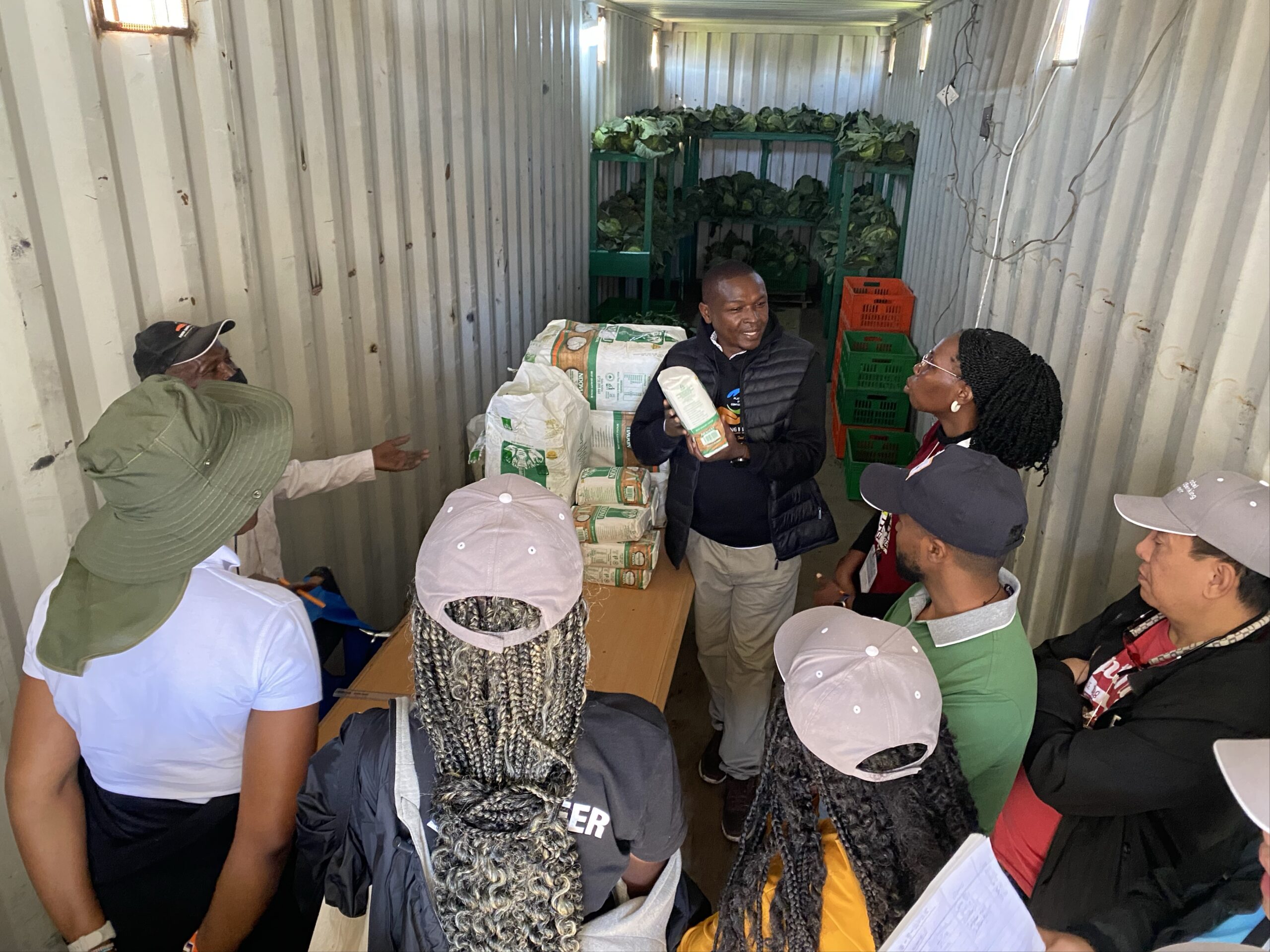
“The Agriculture Recovery Hub will support this cohort of six food banks in three different ways,” says Phenny Omondi, director of the Hub. “One is knowledge sharing opportunities like the fellowship exchange this week. Another is the targeted technical assistance that they will access throughout the year. But most importantly are the grants that go to specific aspects of their agricultural recovery programs. With this, we hope that the cohort of six food banks can, through this full suite of support from the Hub, increase their volumes by 20% by next year.”
In Nairobi, the cohort got to see firsthand how Food Banking Kenya built a diversified agricultural recovery program that sources food from smallholder farmers, commercial farms, and wholesale markets.
“These knowledge sharing opportunities are important as they serve as a great opportunity to accelerate the learning curve for food banks,” says Omondi. “This means that food banks do not have to reinvent the wheel. They could really easily benchmark and learn from existing, tested and proven models and really build on that.”
At the end of a week of sharing and learning, participants explained in their own words the value of knowledge sharing for improving their own agricultural recovery programs.
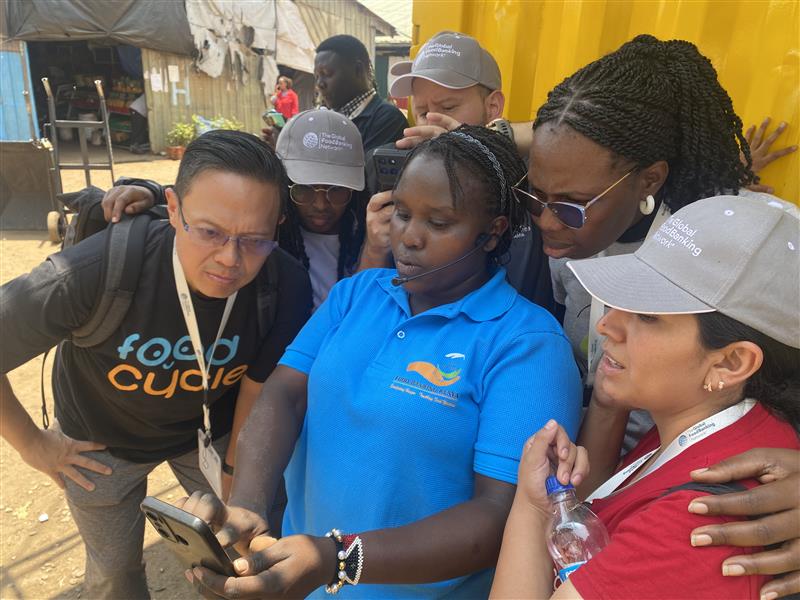
“You have to understand and relate to other food banks because sometimes what you think is a challenge in your own food bank, another food bank might have even found a better solution to it. That’s something we’re able to experience here with Food Banking Kenya. For example, we’ve been having issues entering produce markets for agricultural recovery, but coming to Food Banking Kenya, we see the way they were able to enter those markets. They were able to share their experience and how they started, how they’re currently doing. We’re able to see for ourselves how they’re able to recover from this market … So it’s not just theoretical learning, it is the experiential learning that is very key.”
“There’s an African saying that if you want to walk fast, you walk alone. But if you want to walk far, you walk together. And I think that’s what we’re doing here. We’re trying to walk together because we want solutions that are far reaching, that will become sustainable. And it’s only by sharing our experiences, our difficulties, our challenges and of course our successes that we’re able to really plan for a hunger-free future for all the members of The Global FoodBanking Network.”
“This week was such an eye-opener. It is so important to have this kind of exposure so that you can see where you are now and where you could go as a food bank. For us, we just started working on our agricultural recovery, but there’s so much that we can do as well in terms of fundraising, in terms of product sourcing as well. But now that we came here, we were able to see how the other food banks work and there’s so much that we learned from each other … It’s like a two-way street. It’s a win-win thing. It’s just all of us are learning from each other’s experiences, and all of us are helping each other to grow more as food banks.”
“It’s really important for us to be able to participate in these GFN events because they help build and train leaders. And then we can share this knowledge with our own team members, who are the ones directly serving families and recovering food. It allows us to grow personally and professionally.
“For Banco de Alimentos Panamá, the agricultural recovery program we are about to launch is very important because it will allow us to increase food recovery exponentially compared to the recovery we currently do at wholesale markets. It will allow us to directly reach farmers and all the agricultural producers in the country, to bring them into the fight against hunger in Panama by helping us recover fresh fruits and vegetables.”
“The value of these events if huge. I am an example of their impact. I first came to a knowledge sharing event years ago in Mexico to see the experiences of different food banks there and the work they have done for so many years. The experience and knowledge they can share definitely allows you to go back to your own country with new ideas about the work you’re doing. We learned so much, and we’re leaving with new ideas, especially in the mission to recover more food, reduce waste and fight against hunger, we feel completely energized. These events are so important.”
“After this fellowship exchange, we hope we can expand agricultural recovery more. We’ve covered, if not 95, it will be 99% of Lembang, the first area where we worked. We are now working in the second area called Garut, and they supply more to the traditional market while Lembang supplies more to the modern market. But we have many more areas that do farming in Indonesia that we haven’t even considered talking to. Well, with this knowledge and with support from a lot of other food banks and GFN, I’m sure we can slowly but surely tap into those untouched markets, untouched farms so we can recover more agriculture products in Indonesia.”

